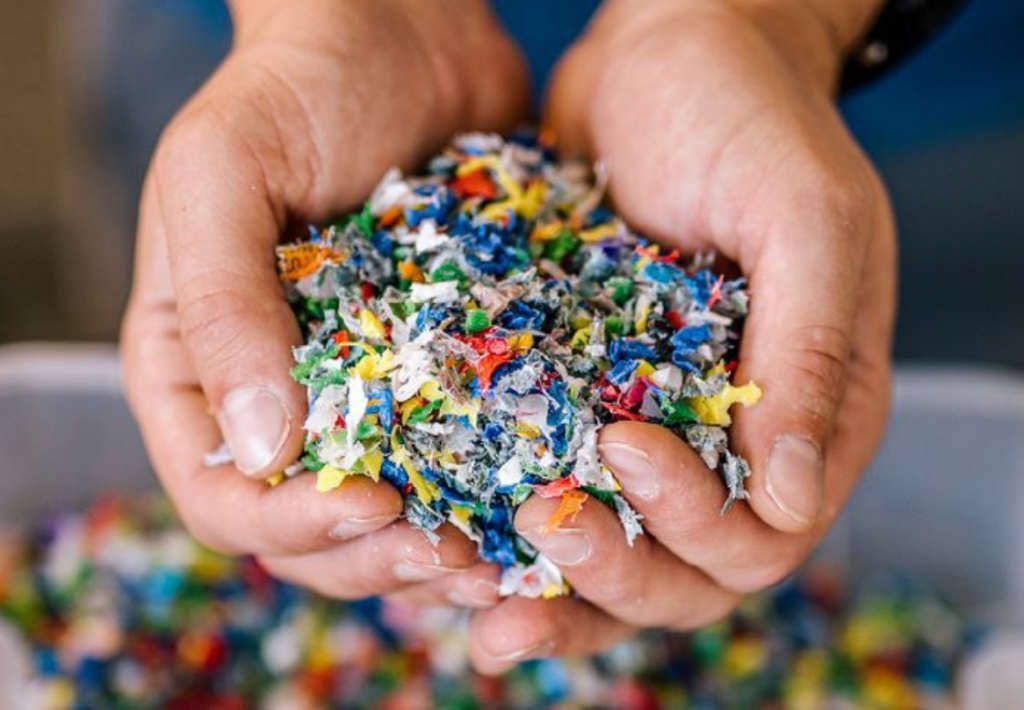
Innovation in recycling: issue three
At Envirobank we’re always interested in innovation in recycling. We love learning about new ways to recycle material in an endless loop, so it never becomes waste.
Welcome to issue three of Recycling News and innovation. Today we’re celebrating our nation’s progress in recycling towards a circular economy.
Join the Envirobank community of recyclers and subscribe to our newsletters (check your account preference) to stay up to date.

Innovation in recycling
Technology investment to transform recycling into new products.
An extra 137,000 tonnes of Victoria’s plastic, glass and tyre waste will be transformed into new products every year thanks to a $36.5 million funding boost for local recycling facilities.
Thirteen funded projects to build or upgrade our state’s recycling infrastructure will create more than 200 jobs, reduce the amount of material going to landfill, and support the creation of innovative new products from recycled materials.
Victorians will see more recycled content used in the items and infrastructure they use every day, from recycled glass in road construction to recycled plastic bottles, garden pots, and railway sleepers for the state’s train network. Of the 13 funded projects, 6 are located in regional Victoria.
Source: Sustainability Victoria

Innovation in recycling
Regional manufacturer remoulds plastic bottles into modern drainage systems.
Geofabrics Australasia, backed by federal funding, is expanding its innovation that takes plastic bottles from landfill and waterways and turns them into modern drainage systems. In the past two years, the company on the NSW-Victoria border in Albury has used more than 20 million plastic bottles to make a range of products including a flat pipe that goes into building Australia’s road and rail infrastructure.
“It’s all Australian sourced,” CEO of Geofabrics Dennis Grech said. “We don’t have to worry about importing recycled products into Australia.
Key Points:
- Australian manufacturer Geofabrics has a $600,000 project turning plastic bottles into drainage systems
- It has diverted 20 million plastic bottles from landfill in two years
- The drainage system is widely used to build roads and other infrastructure
Source: ABC News

Innovation in recycling
Griffith helps Indonesia turn trash into power.
Griffith University experts have delivered training to Indonesian decision makers on how to turn the country’s waste into energy. The South East Asian country, known for its surfing spots and rice fields, generates an extraordinary amount of waste each day – approximately 190,000 tonnes.
Of the 25,000 tonnes of daily plastic waste, 20 per cent ends up in rivers and coastal waters. The Indonesian government has approved the construction of 12 WTE plants, spending $1 billion on the initiative with an aim to reduce 70 percent of waste by 2025.
Source: Griffith University






